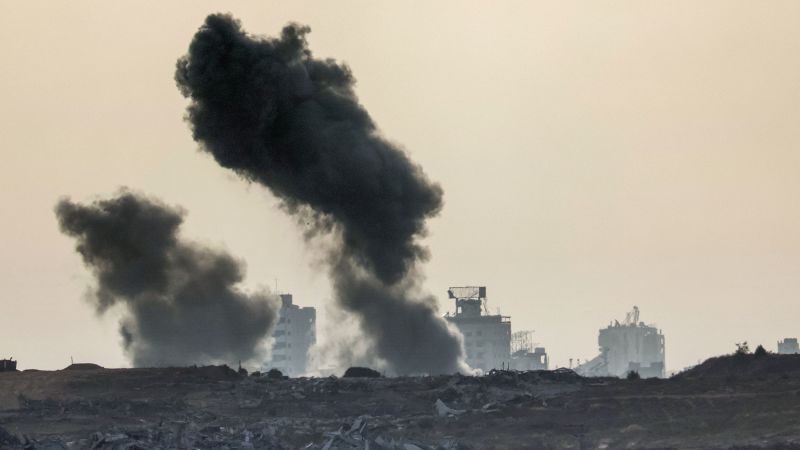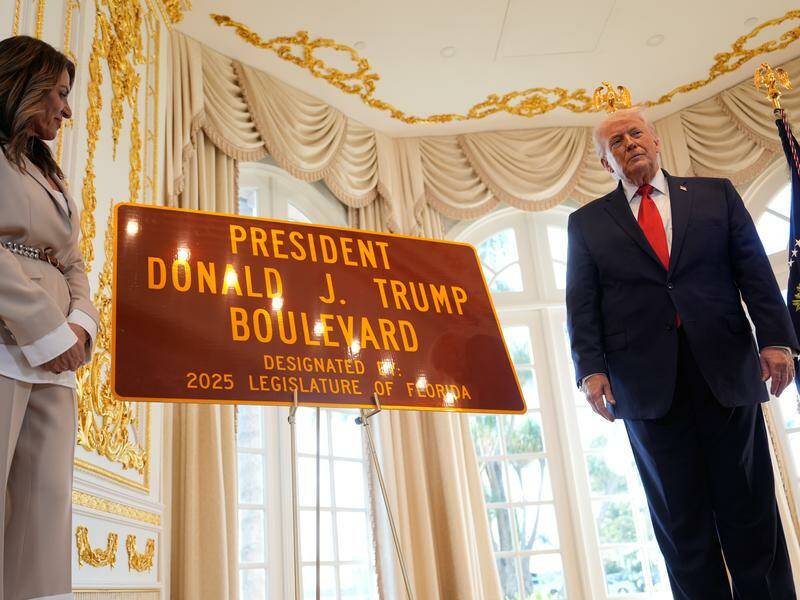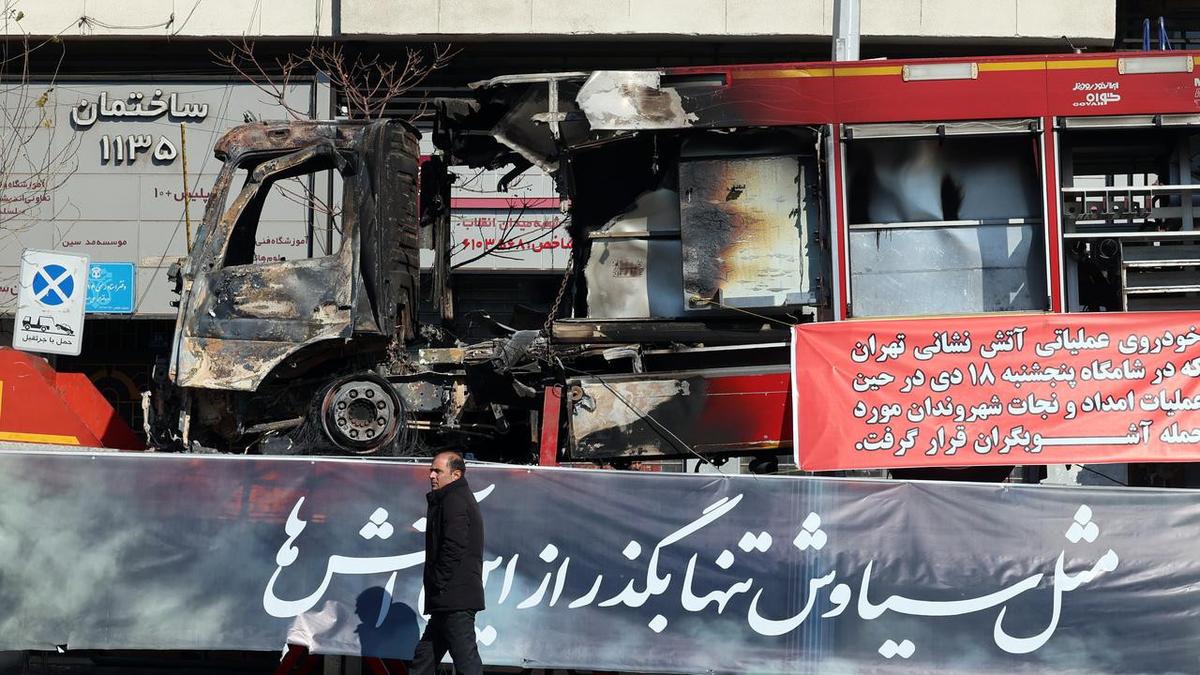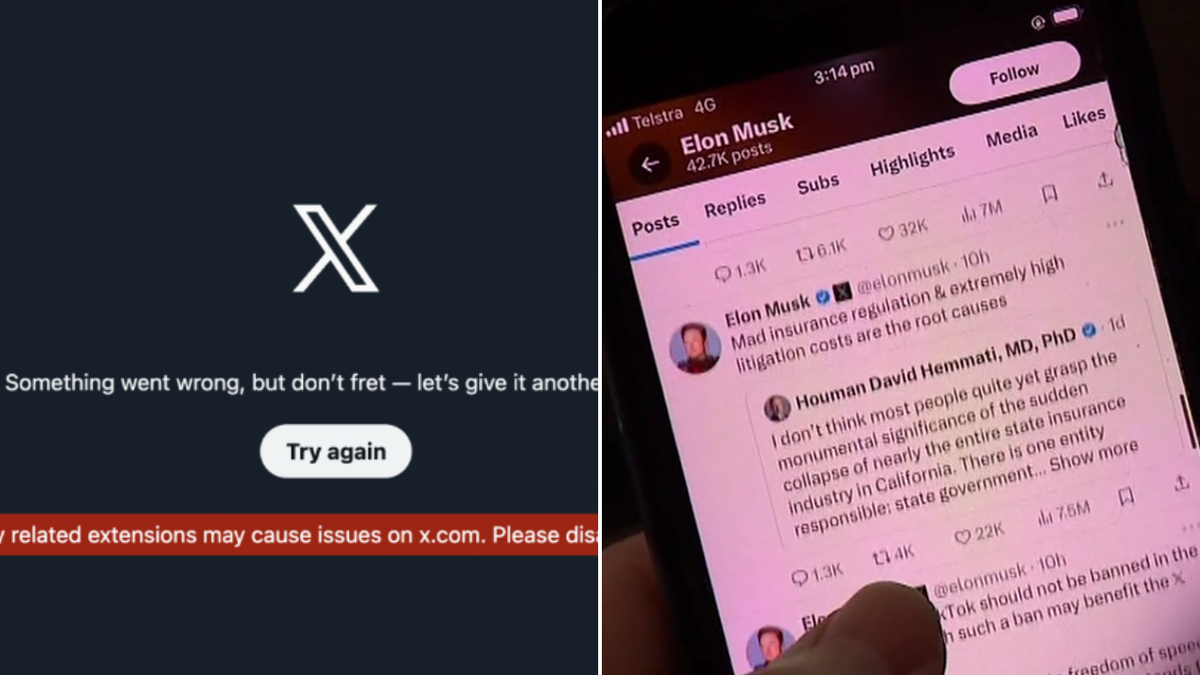
President Donald Trump announced on Tuesday that Israel has “agreed to the necessary conditions” to finalize a 60-day ceasefire in Gaza. However, the agreement’s success hinges on whether Hamas will accept the terms, as two administration officials indicated that Hamas’s approval remains pending.
In a message posted on Truth Social, Trump highlighted the roles of Qatar and Egypt in the negotiation process. “My Representatives had a long and productive meeting with the Israelis today on Gaza,” Trump stated. “Israel has agreed to the necessary conditions to finalize the 60 Day CEASEFIRE, during which time we will work with all parties to end the War. The Qataris and Egyptians, who have worked very hard to help bring Peace, will deliver this final proposal. I hope, for the good of the Middle East, that Hamas takes this Deal, because it will not get better — IT WILL ONLY GET WORSE. Thank you for your attention to this matter!”
Diplomatic Efforts and International Mediation
The announcement follows a new proposal submitted by Qatari officials on Tuesday, aimed at establishing a ceasefire between Hamas and Israel. This proposal, reportedly backed by the Trump administration, was the result of months of behind-the-scenes diplomatic efforts led by President Trump’s special envoy, Steve Witkoff.
The proposal’s timing coincided with a visit to Washington by Israel’s Minister for Strategic Affairs, Ron Dermer, who engaged in discussions with senior Trump administration officials. These meetings underscore the complex international dynamics at play in the ongoing conflict.
Historical Context and Previous Ceasefire Attempts
The ongoing conflict in Gaza has seen numerous ceasefire attempts over the years, often facilitated by international mediators. Historically, these ceasefires have been fragile, with underlying tensions frequently leading to renewed hostilities. The involvement of Qatar and Egypt as mediators reflects a continuation of regional efforts to stabilize the situation.
Past ceasefires have sometimes been short-lived, with both sides accusing each other of violations. The current proposal seeks to break this cycle by establishing a more durable peace framework, though challenges remain in achieving mutual trust and compliance.
Expert Opinions and Future Implications
Experts in Middle Eastern politics emphasize the importance of sustained diplomatic engagement to ensure the success of any ceasefire agreement. According to Dr. Lina Khatib, Director of the Middle East and North Africa Programme at Chatham House, “A ceasefire is only as strong as the political will behind it. Without addressing the root causes of the conflict, any ceasefire risks being temporary.”
“A ceasefire is only as strong as the political will behind it. Without addressing the root causes of the conflict, any ceasefire risks being temporary.” – Dr. Lina Khatib
The potential acceptance of the ceasefire by Hamas could mark a significant step towards de-escalation in the region. However, the path to a lasting peace remains fraught with obstacles, including political divisions and ongoing security concerns.
Looking Ahead: The Road to Peace
As the situation develops, the international community will be closely monitoring the responses from both Israel and Hamas. The success of this ceasefire could pave the way for more comprehensive peace talks, potentially involving a broader range of stakeholders in the region.
Meanwhile, the Trump administration’s involvement in brokering this deal highlights the continued influence of the United States in Middle Eastern diplomacy. The outcome of these negotiations could have far-reaching implications for future U.S. foreign policy in the region.
This is a developing story, and updates will follow as more information becomes available.







